Nestled in the southwest corner of the Korean peninsula, Jeju is a volcanic island famous as a holiday destination for the locals as well as a must-see location for hopeless romantic Kdrama fans. But, even
Nestled in the southwest corner of the Korean peninsula, Jeju is a volcanic island famous as a holiday destination for the locals as well as a must-see location for hopeless romantic Kdrama fans. But, even if you are not a fan of Kdrama (Woah, you don’t know what you are missing), this beautiful island has all you need for a perfect vacation trip, thanks to its abundance in natural tourist destinations, rich culture and specialty dishes.
Jeju’s condition of isolation as a volcanic island made it hard to cultivate. But, eventually, the tenacity and wits of the ancestors led to the creation of food more unique than the ones from other regions.
Heuk Dwaeji (Jeju Black Pork)

If you are passing by a farm in Jeju, you might be lucky enough to spot small, domesticated black pigs. The grilled black pork, Jeju’s speciality, is made from their smooth flesh. Dipped in myeolchi-jeot (salted anchovy), the meat with a cultivated taste is less greasy and more savory in flavor.
Jeju’s extreme devotion towards black pork is called Black Pork Street, where passersby are always drooling over the rich smell coming from stalls and restaurants.
Ready to try some Korean pork barbecue? Head over to Donsadon, celebrities’ favorite place for fresh and sizzling black pork.
Haemul Ttukbaego (Seafood Hot Pot)
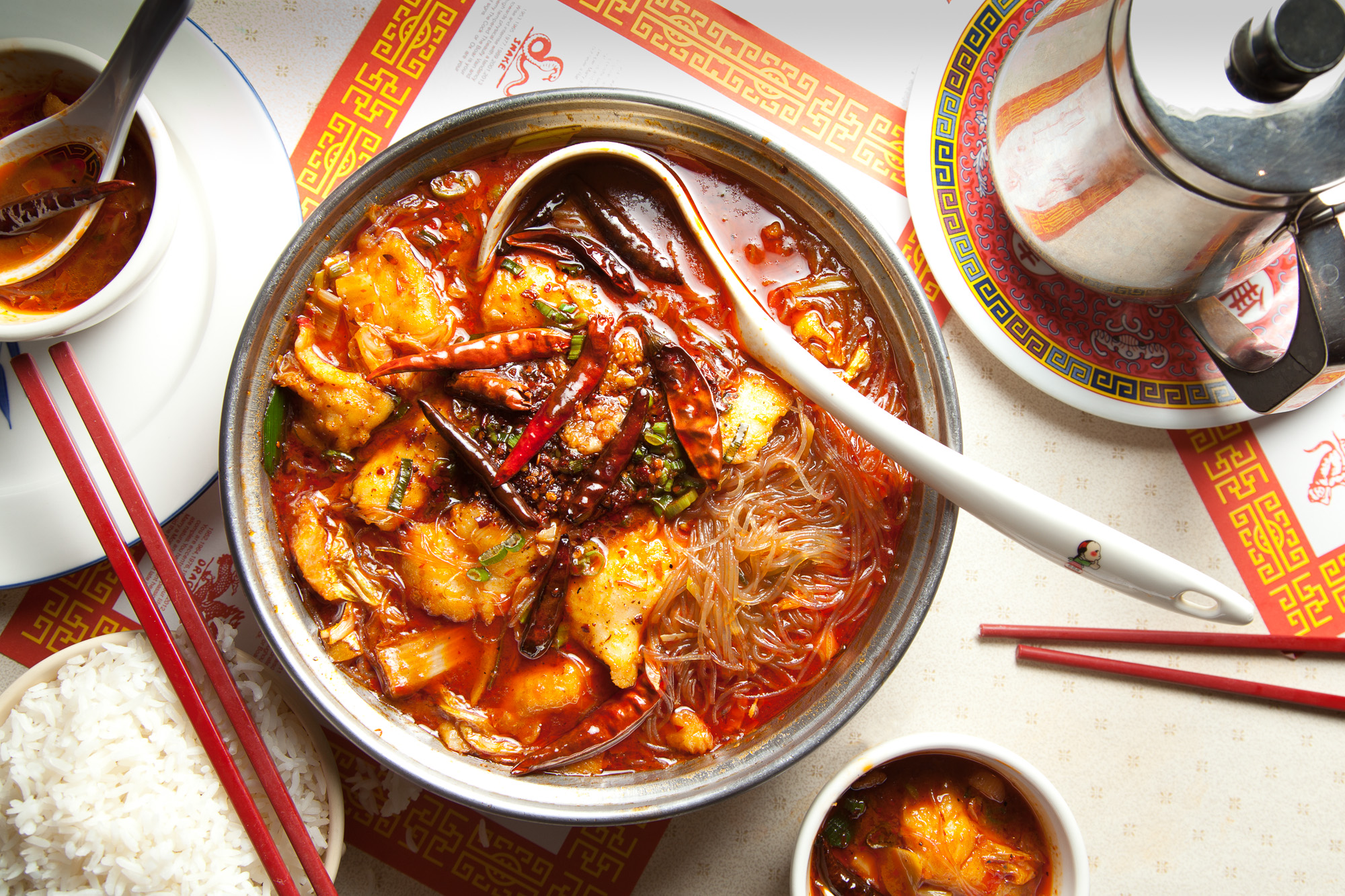
Without a doubt, this traditional Korean dish is every seafood lover’s delight. However, visually appealing and bursting with flavor , Jeju’s version is especially tasty.
This bubbling hot and spicy dish is made by boiling a combination of fresh crabs, shrimp, squid, octopus, mussels, clams and white flesh fish, combined generously with doenjan (a fermented soybean paste). The ingredients are then gracefully arranged in a wide, shallow pot and are cooked at the table. This is exactly how the dish was served for rich and royal families in the past.
If you are in the mood for some hearty stews packed with spicy, briny flavors, I suggest a trip to Samsunghyeol Haemultang, a nice seafood restaurant in Jeju.
Jeju Momguk (Gulfweed Soup)

Momguk is a masterpiece of Jeju cuisine that brings ingredients from the sea and those from the land together in one bowl.
Gulfweed is one of the main ingredients of this dish. For Korean mainlanders, this seaweed is called Mojaban while “Mom” is the Jeju dialect.
Traditionally, this dish was born from the leftover of roasted pig used in wedding feasts. The broth is made by boiling pig bone and intestines along with buckwheat powder, dried seaweed and a few vegetables.
This flavorful broth is quite hard to find, but I promise it’s worth a try.
Jeonbokjuk (Abalone Porridge)
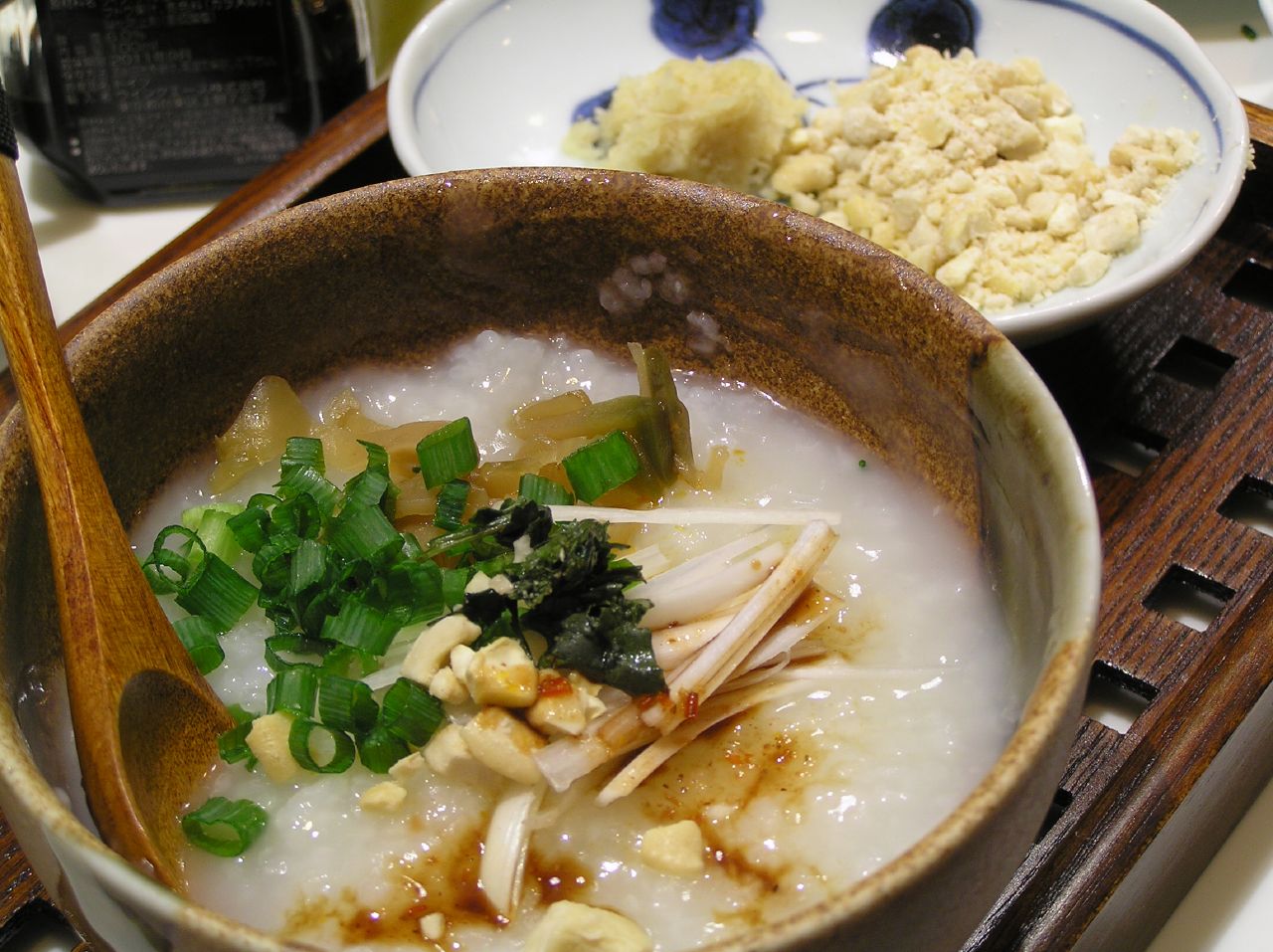
The significantly high cost of abalone comes from its rarity, but you’ll be surprised at how fresh abalone is something affordable in Jeju.
Deliciously briny, the abalone porridge has a greenish hue and is chewy in texture. Often served with rice, this dish is one of the must-tries for Jeju tourists.
Guksu (Jeju Noodles)
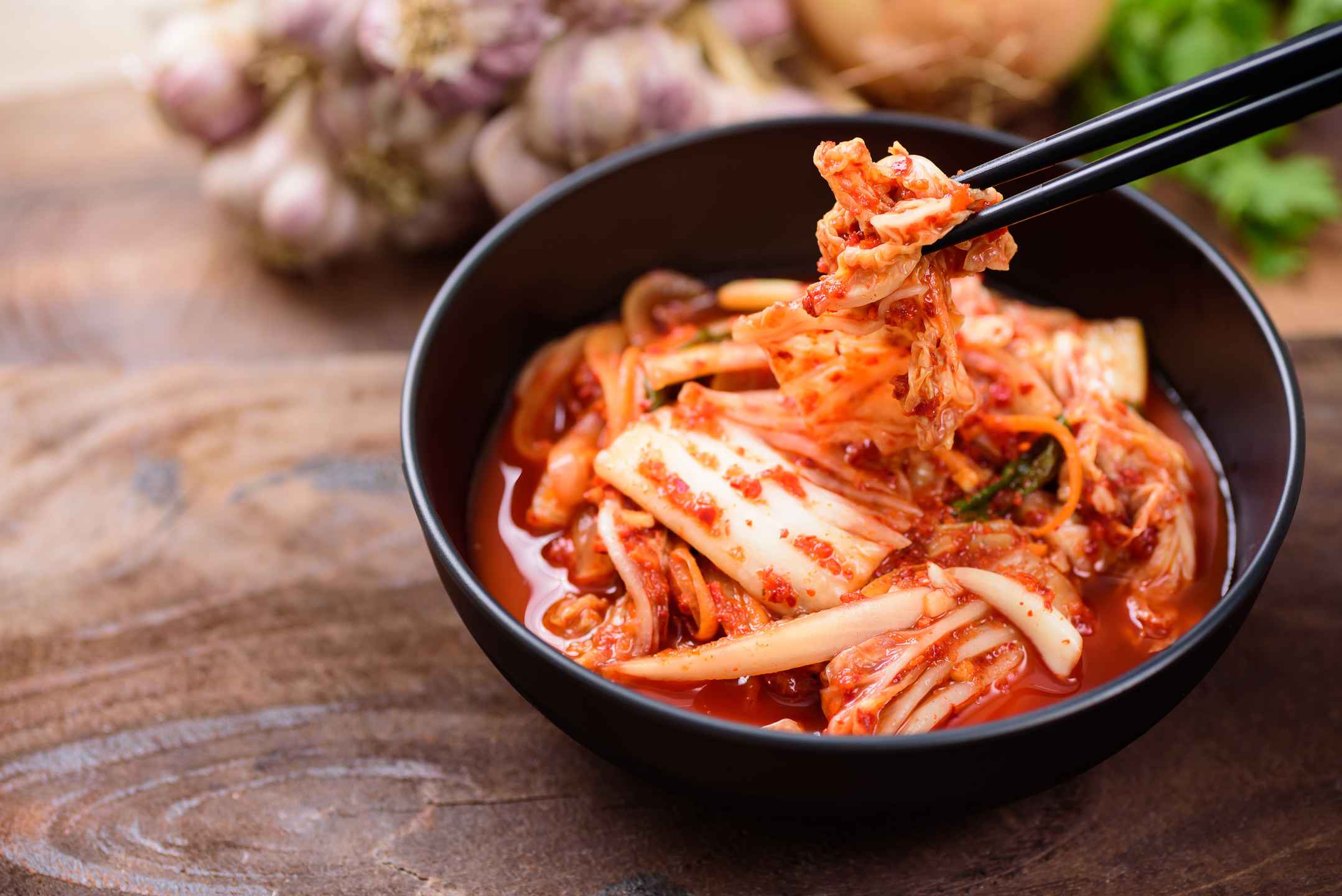
Each country around the world has its own signature noodle dish; while Singapore, Malaysia and Indonesia has laksa and mie goreng, ramen and soba are loved in Japan. Similarly, guksu is a famous Korean noodle dish enjoyed by all in Jeju.
Guksu is a simple yet spicy and savory dish with long thin noodles swimming in a delicious soup of chicken, beef, pork or anchovy that can be served hot or cold. This version is often considered as a special occasion served during birthday parties to wish for long life.
Omegi Tteok (Omegi Rice Cake)
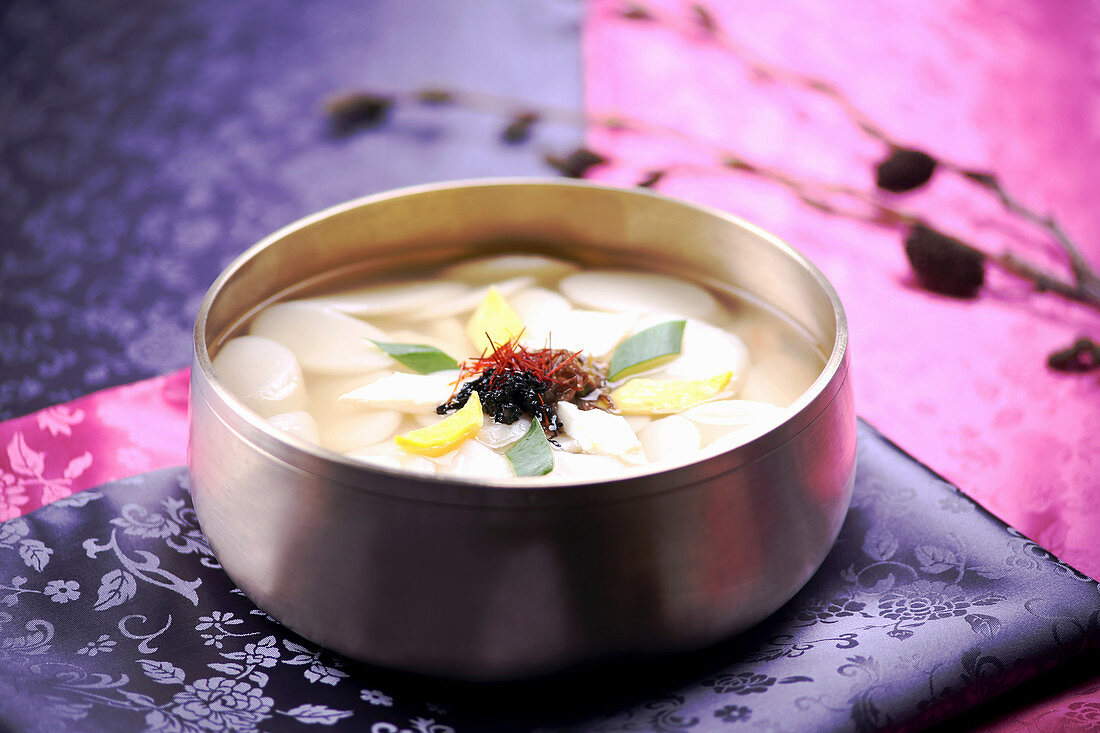
It is impossible to visit Jeju and not to have an omegi rice cake.
Made by kneading millet powder, this sweet rice dough is blending in a red bean paste, rolled into small, round balls and coated with bean powder and nuts.
If you really had a chance to visit Jeju Island, what would be the first dish you’d want to try?

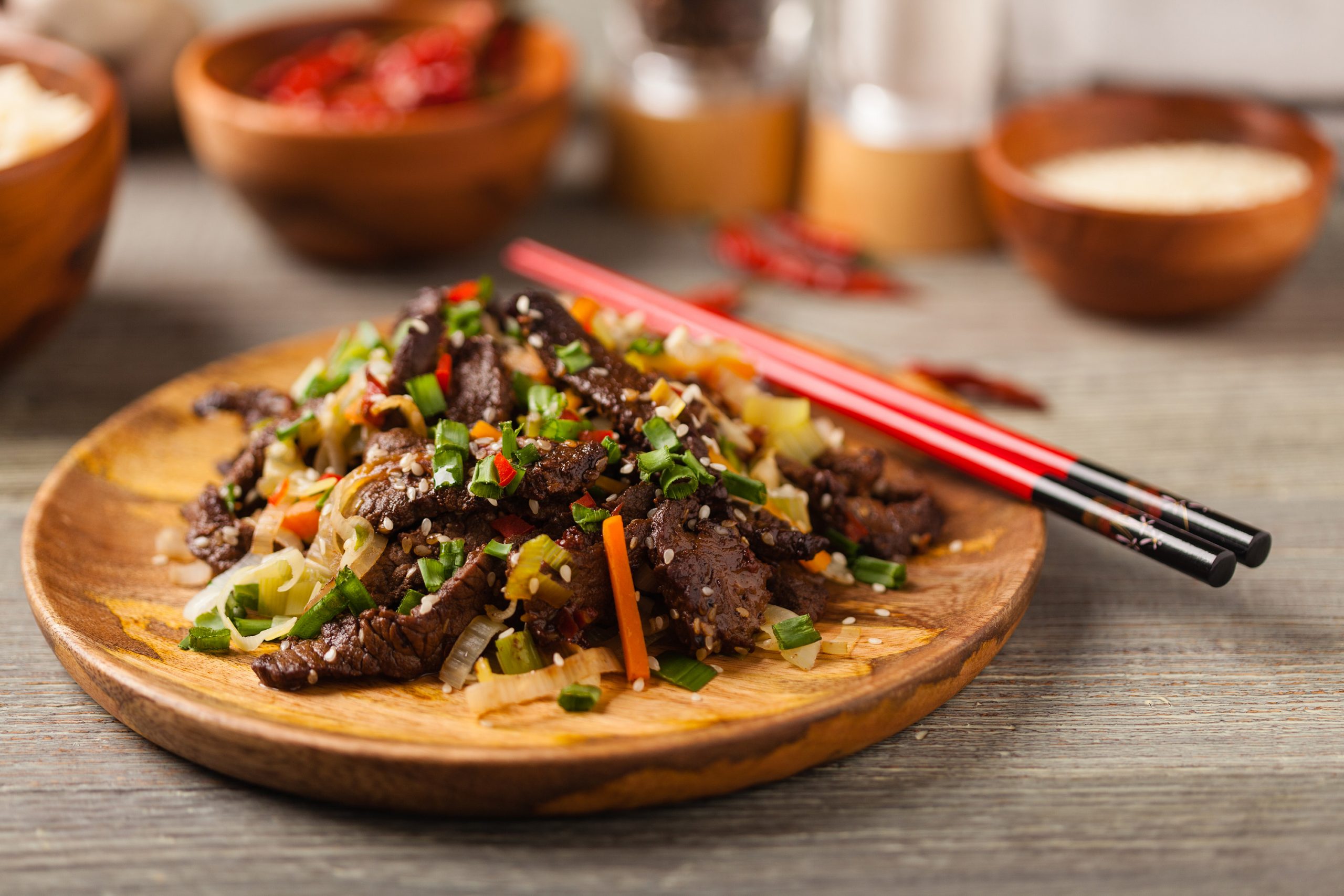
4 thoughts on “A Food Adventure In Jeju: 6 Delicacies You Must Try”